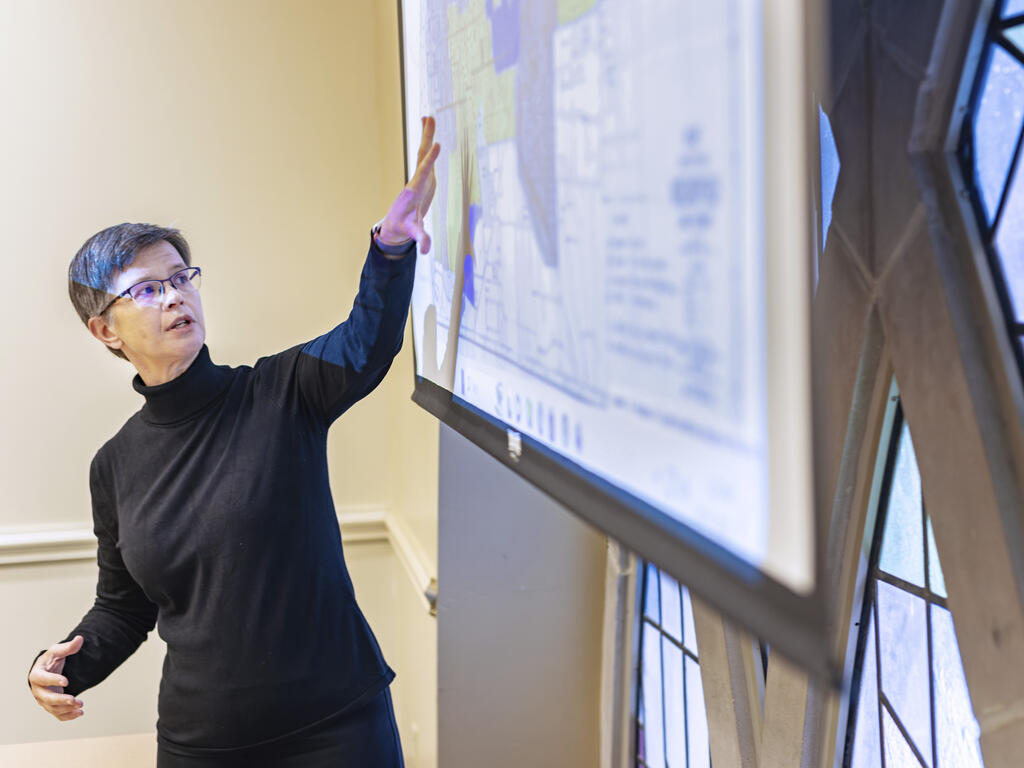How Rhodes’ Institute for Health Equity and Community Justice is creating a culture of equity in Memphis and beyond.
Memphis, known widely as the birthplace of BBQ, the blues, and rock 'n 'roll, also enjoys a less well-known status as one of the nation's premier medical care and innovation sites. The Memphis Chamber of Commerce describes our hometown to investors as "a healthcare city," a designation worthy of its deep and complex medical history.
The city's roots in healthcare innovation most likely date to the historic yellow fever epidemics of the 1870s, catastrophes that claimed the lives and livelihoods of more than 30,000 Memphians and cost the city its charter for more than a decade. However, that epidemic stewarded social and medical innovations that would forever change Memphis. More than 30 years later, the University of Tennessee College of Medicine was established here, serving as a nexus of statewide medical education until it was folded into the University of Tennessee Health Science Center (UTHSC), a similar statewide educational body that trains and qualifies health professionals. Memphis is also home to leading pediatric institutions like Le Bonheur Children's Hospital and St. Jude Children’s Research Hospital, which are on the front lines of medical research—some of which is contributed by Rhodes students and alumni.
By all accounts, Rhodes is doing an excellent job at educating and preparing healthcare professionals, with our graduates enjoying an 82 percent acceptance rate to post-graduate health programs over the last five years. Our students, faculty, and alumni are indelibly connected to medical institutions in Memphis and beyond. Faculty support hospital systems and community clinics with research and education. Alumni continue work they may have begun during undergraduate research or service projects in clinics, labs, and waiting rooms in cities nationwide. Students from a diverse collection of majors, including urban studies, chemistry, religious studies, and health equity, study and serve domestically and abroad, impacting neighborhoods all over the globe and applying their hard-earned classroom lessons to real-world issues. However, despite decades of innovation from healthcare professionals and policymakers, inequity still abounds in healthcare practice and delivery, even in the most advanced systems.
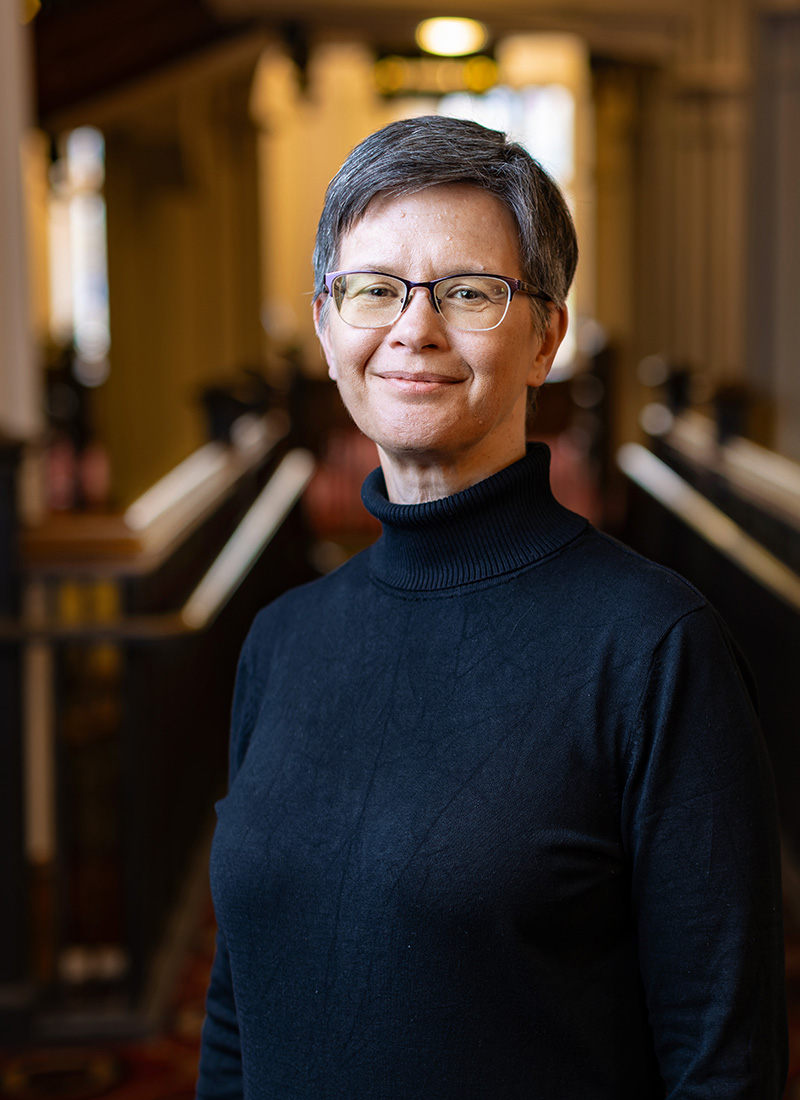
"America has great doctors, hospitals and medical research facilities, but not everyone benefits equally," says Kendra Hotz, Robert R. Waller Chair of Population Health and director of the Rhodes College Health Equity Program. “The poor and racialized minorities suffer from health inequities that are driven by three primary factors: social forces like housing and food insecurity, historical and contemporary policy forces like redlining, and unconscious bias among healthcare providers. We take a place-based and historically contextualized approach that helps healthcare professionals understand what causes disparities and learn how to form empathetic connections with patients as a form of harm reduction.”
Illuminating these disparities for healthcare professionals and collaboratively devising solutions for them is a central aim of the Health Equity programming offered at Rhodes. Our baccalaureate and post-baccalaureate health equity programs seek to prepare students to become skilled and compassionate healthcare providers, public health professionals, and policy advocates with a deep understanding that social determinants—nonmedical forces and conditions that shape the contours of daily life—result in health outcomes for stigmatized and underserved populations. The Health Equity academic program equips students to go into communities and extend their talents to the organizations they serve.
The increased demand for health equity education, buoyed by a 2019 grant from the Mellon Foundation, made the work of Rhodes faculty like Hotz, Assistant Professor of Urban Studies and Africana Studies Dr. Duane T. Loynes Sr., and Associate Professor of Urban Studies Dr. Peter Hossler essential in the pursuit of opportunities to create healthcare partnerships while sharing the college's liberal arts mission to external, professional audiences. Seeing an opportunity to fill a gap, these faculty, using the expanded possibilities presented by virtual programming, provided impactful sessions that helped deepen collective understanding of how social forces can impact health outcomes while exploring ways to help practitioners effect change within their existing systems.
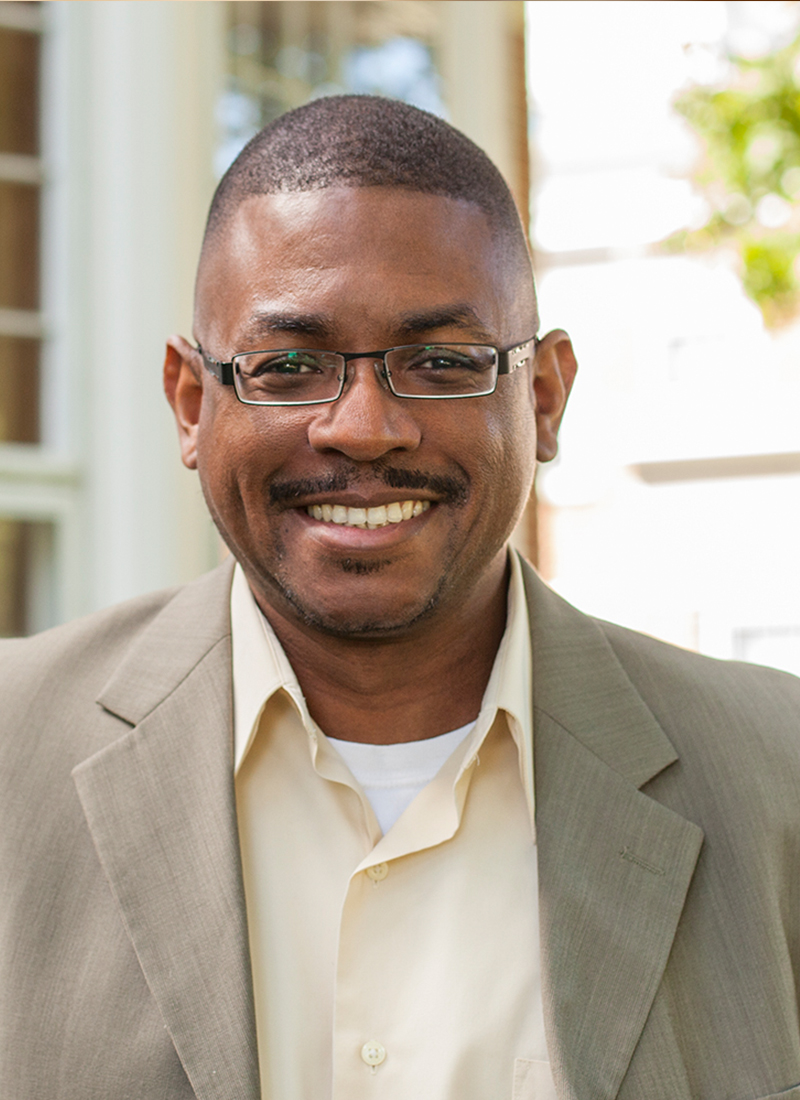
Among other efforts, Hotz and Loynes developed and delivered a grant-funded lecture series featuring engaging talks from several Rhodes faculty covering topics related to health equity during the pandemic, including environmental risks affecting low-income neighborhoods, physician bias, food insecurity, narrative medicine, race and poverty, and the profound impact of substandard housing and transportation on health outcomes. Hossler served as the founding Director of the Wellness and Stress Clinic of Memphis, which provides uninsured and underinsured residents with the resources they need to improve their health and reach their economic and healing goals. The clinic served thousands of community members during its pandemic operations.
Hotz, Hossler, and Loynes all serve as faculty-in-residence for Le Bonheur Children's Hospital's Center for Bioethics and Health Equity, where they assist medical staff in untangling challenging ethical problems related to patient care. Their courses on key health equity issues were included in a hospice and palliative medicine program offered as part of a post-residency fellowship at Le Bonheur. Courses developed by this same group have been cemented in the UTHSC’s Serving the Underserved curriculum, which is the backbone of the Social Determinants of Health Certificate offered in its Community Engaged Care program, itself a vital component of the institution’s Quality Enhancement Plan. And beginning in August, the Institute is offering a required four-year course in Social Medicine in the College of Medicine.
A different epidemic, the COVID-19 pandemic, spurred another wave of innovation.
"Early on in the pandemic, the health equity faculty found ourselves suddenly flooded with requests from organizations around the country for educational events," says Hotz. "The uneven impact of the pandemic made health disparities visible to people who had never thought about them before. It was amazing to see so many large healthcare organizations actively seeking out ways to understand the interlocking social, clinical, and policy forces that produce health disparities."
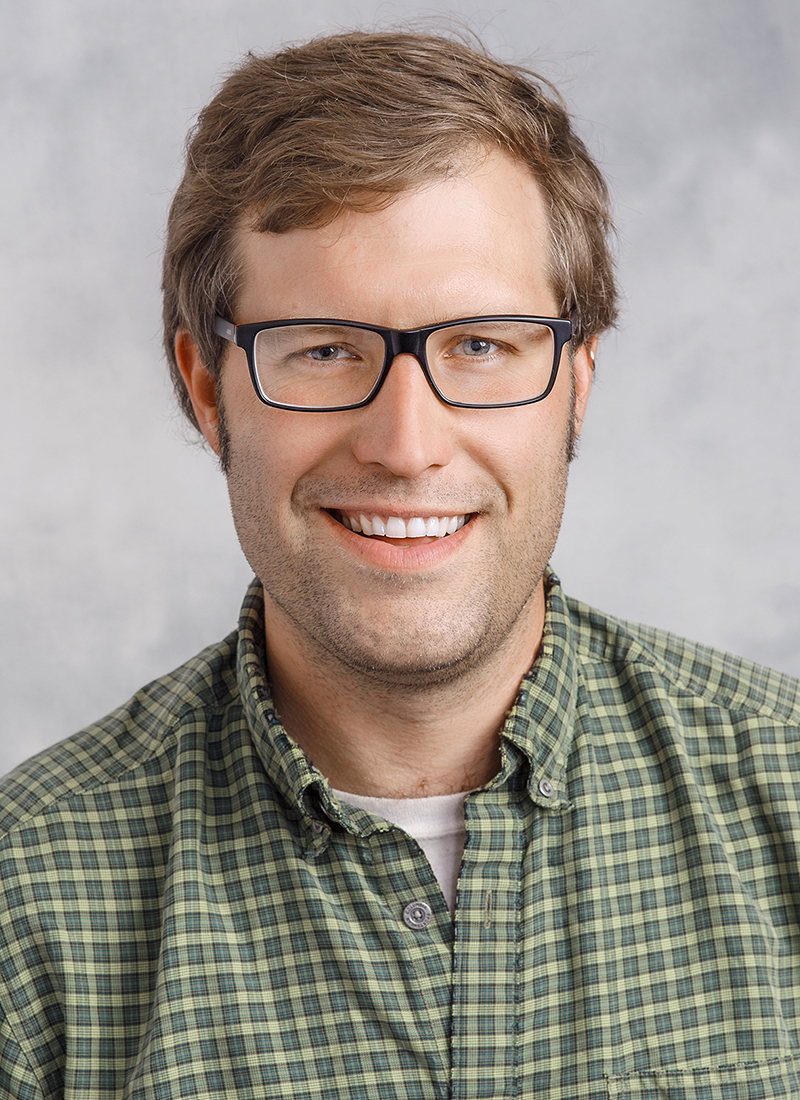
But health disparities are national-scale complications and, like many sticky social issues, require immense collaboration, communication, and education to unravel. Within a short period, it became clear that the demand for these professors' particular brand of health equity education was not decreasing.
"We needed to figure out a structure to make the work manageable and sustainable," Hotz reflects. "Duane Loynes, Peter Hossler, and I met on the back porch of West Campus B one day and began dreaming. We were clear about two things. First, we didn't want to crank out generic, 'check the box' events just so participants could get continuing education credit. Second, we couldn't separate the work of educating healthcare professionals from our relationships with community partners in Memphis who are doing the work of building equity. The content we are teaching grew directly from our roots here in Memphis. Whatever we did had to honor that connection."
From this conversation, the Rhodes College Institute for Health Equity and Community Justice was born.
The Institute is a collaborative effort across several departments, disciplines, and teams to share critical research and strategies for working in solidarity with diverse populations and creating equity and justice-centered practices across the healthcare continuum. With a foundation built on the early work championing just and equitable healthcare systems in the Memphis context, the Institute's curricula, workshops, courses, and learning opportunities have reached tens of thousands of healthcare providers, partners, and community members.
"Our goal is to show how social forces affect human health, to show that these are not separate drivers." says Hotz, who also serves as the director of the Institute. "This is a team effort. We have 20 faculty facilitators from disciplines across campus working with discussion groups across the nation."
These faculty hold space for essential conversations, which are the heart of the Institute's work. Faculty from the Departments of Modern Languages and Literatures, Computer Science, and Anthropology and Sociology and the Urban Studies, Health Equity, Environmental Studies, Religious Studies, Africana Studies, Media Studies, and Educational Studies programs all serve as facilitators. They also serve as members of an advisory committee that helps the Institute create and develop key strategies to drive its goals.
Facilitators like Kelly and Andrea Jacobo, visiting instructor of urban studies, also help activate nurses as change agents for improved care delivery and as advocates for a top-down approach to health equity strategies at the organizational level. This approach begins with understanding the community.
"As a facilitator, the work allows us to see an opportunity to bridge the two worlds of community justice and community health. Particularly, we are starting to realize medical policies and practices are surfacing when we have these conversations," says Jacobo. "That gives us the opportunity to try to critically address some of these policies and create a newer policy that is equitable for the nurses and the clients."
Since that initial pandemic work, the Institute's health equity programming has spread beyond Memphis' borders, establishing key partnerships with organizations like Nurse-Family Partnership® (NFP), Humana Healthy Horizons in Louisiana, and CHI Memorial Hospital, where Institute faculty lead monthly lunch-and-learn engagements and two day-long retreats with the hospital's board of directors.
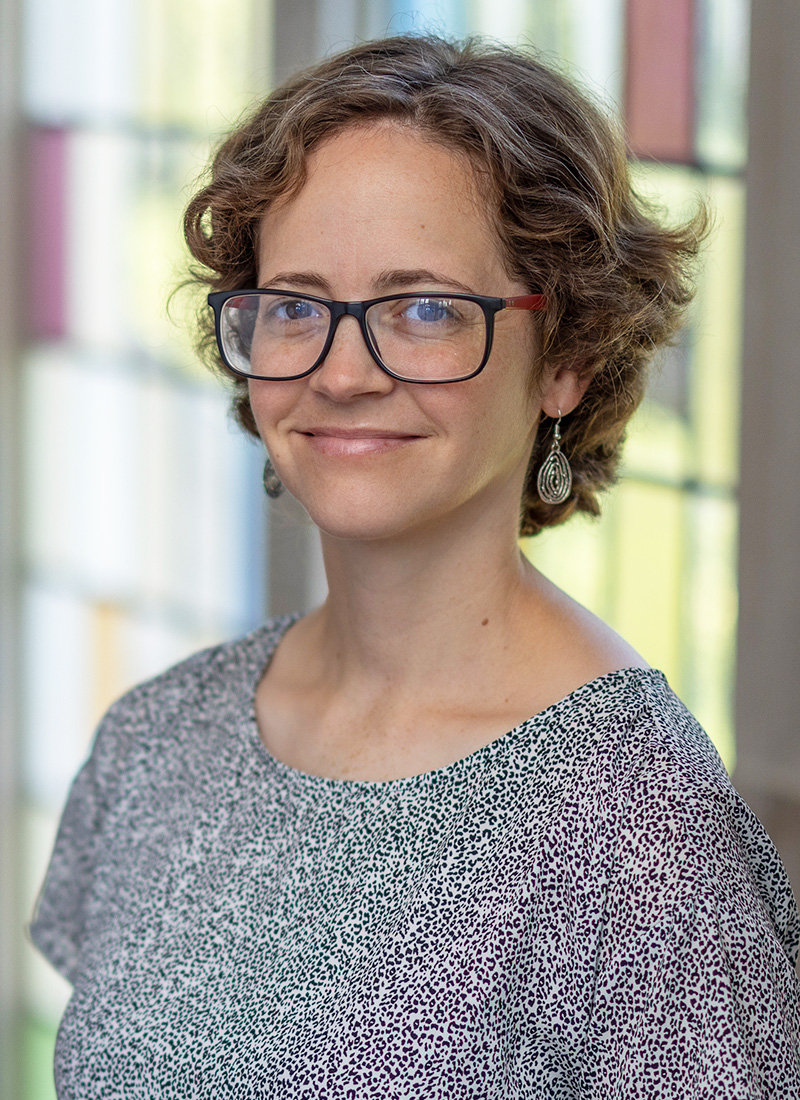
"Issues that are being faced in the healthcare system are issues that show up in schools as well,” says Laura Kelly, assistant professor of education. Kelly has facilitated more than 15 sessions in her work with the Institute. "When talking with the nurses, I often give them examples from the world of education to get the conversation started. For example, if we're talking about implicit bias, I share about disparate impacts in school discipline and how black and brown kids are over-expelled and over-suspended over minor infractions. Then they provide examples from their field."
Betsy Kammerdiener, market director for mission integration at CHI Memorial Hospital, says, "We began to ask, ‘What's the role of healthcare in providing racial equity and social justice?’" CHI Memorial is a not-for-profit, faith-based healthcare organization that offers a continuum of healthcare with 3,500 associates and more than 600 affiliated physicians throughout Southeast Tennessee, North Georgia, and Northwest Alabama. CHI Memorial's CEO, Janelle Reilly, had a son who was a Rhodes student, and he suggested contacting Hotz to help answer that essential question.
"Kendra and her team presented the material, did their research, and said, ‘Here's what's happening in Chattanooga. Let me show you the maps. Let me show you the history.’ They held up a mirror, allowed us to look at ourselves and allowed us to decide what areas we need to be working on now, and where do we go from here? They didn't do the work for us, but they helped to facilitate that work," says Kammerdiener. "We decided that the first group of people we wanted to provide education for was our board of directors. Because if we didn't have our board lined up and leading the charge, it would be very hard to sustain this."
Staff at the Nurse-Family Partnership (NFP), a national community health program that seeks to improve the health and lives of first-time mothers and children affected by social and economic inequality, have a similar view of the Institute and its work.
"Our model has always had a component of culture, understanding one's culture," says Sharon Sprinkle, co-director of nursing practice with the NFP’s National Service Office. The Institute helped the NFP build a programming series called the Cultural Consciousness Pathway, designed to help introduce cultural mindfulness to healthcare providers.
"The Pathway has helped us understand that everybody comes with biases and has helped the nurses we serve across the nation understand the importance of how biases show up and how they impact service delivery,” says Sprinkle. “For me, and I think for some of my colleagues across the nation, the Pathway has been eye opening. And the affinity groups have helped folks to unleash their power and their voice in a safe space to have conversations about biases and prejudice and how that impacts the way they show up in life and the way they go about doing their work."
Elly Yost, interim director for nursing education at NFP, agrees. "They connect those dots for everyone who wants to listen, and in such a supportive manner so that you now can say, ‘This is why this is, this is the way it is, what can I do?’ The institute is genuinely a change agent for improved cultural consciousness within healthcare."
Kim Williams, director of Health Equity, Population Health, and Community Engagement at Humana Healthy Horizons in Louisiana, discovered the Institute while working with the NFP's National Service Office as part of a task force to reduce maternal morbidity and mortality. Humana is one of several Managed Care Organizations (MCOs) the Institute works with. Those MCOs, or organizations that contract with healthcare providers and medical facilities to provide care for members at a reduced cost, plan to distribute Institute programming to more than 20,000 Medicaid providers in Louisiana by the end of 2024.
"We wanted the education that we offered for our associates and providers in the community to go beyond a check-the-box activity for cultural competency,” says Williams. "The Institute's work is perfectly aligned with our Humana health equity mission. And the Institute is really helping associates and providers understand the barriers that keep people from being healthy while also normalizing conversations around bias. We really think that this work helps us get to the root causes of health disparities and are hopeful that it's going to eventually help us turn the tide towards more culturally responsive care in the state."
And the Institute's work only keeps increasing. "Issues that are being faced in the healthcare system are issues that show up in schools as well,” says Laura Kelly, assistant professor of education. Kelly has facilitated more than 15 sessions in her work with the Institute. "When talking with the nurses, I often give them examples from the world of education to get the conversation started. For example, if we're talking about implicit bias, I share about disparate impacts in school discipline and how black and brown kids are over-expelled and over-suspended over minor infractions. Then they provide examples from their field."
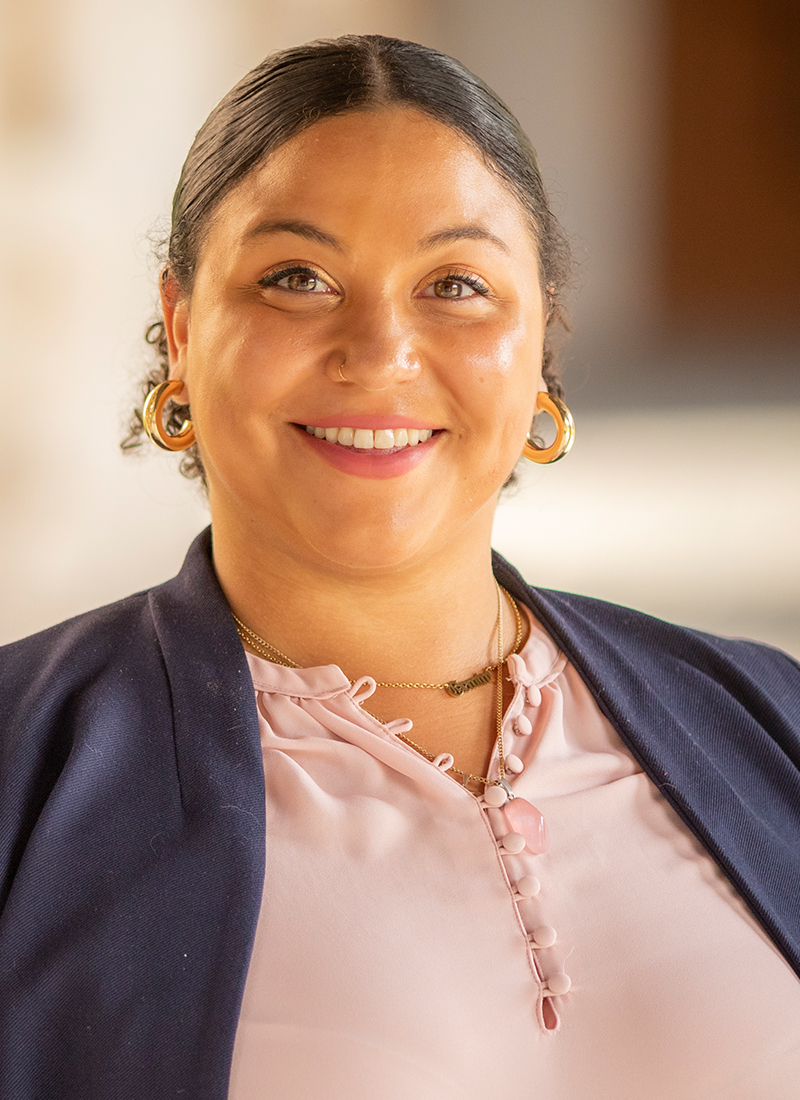
Facilitators like Kelly and Andrea Jacobo, visiting instructor of urban studies, also help activate nurses as change agents for improved care delivery and as advocates for a top-down approach to health equity strategies at the organizational level. This approach begins with understanding the community.
"As a facilitator, the work allows us to see an opportunity to bridge the two worlds of community justice and community health. Particularly, we are starting to realize medical policies and practices are surfacing when we have these conversations," says Jacobo. "That gives us the opportunity to try to critically address some of these policies and create a newer policy that is equitable for the nurses and the clients."
Since that initial pandemic work, the Institute's health equity programming has spread beyond Memphis' borders, establishing key partnerships with organizations like Nurse-Family Partnership® (NFP), Humana Healthy Horizons in Louisiana, and CHI Memorial Hospital, where Institute faculty lead monthly lunch-and-learn engagements and two day-long retreats with the hospital's board of directors.
Betsy Kammerdiener, market director for mission integration at CHI Memorial Hospital, says, "We began to ask, ‘What's the role of healthcare in providing racial equity and social justice?’" CHI Memorial is a not-for-profit, faith-based healthcare organization that offers a continuum of healthcare with 3,500 associates and more than 600 affiliated physicians throughout Southeast Tennessee, North Georgia, and Northwest Alabama. CHI Memorial's CEO, Janelle Reilly, had a son who was a Rhodes student, and he suggested contacting Hotz to help answer that essential question.
"Kendra and her team presented the material, did their research, and said, ‘Here's what's happening in Chattanooga. Let me show you the maps. Let me show you the history.’ They held up a mirror, allowed us to look at ourselves and allowed us to decide what areas we need to be working on now, and where do we go from here? They didn't do the work for us, but they helped to facilitate that work," says Kammerdiener. "We decided that the first group of people we wanted to provide education for was our board of directors. Because if we didn't have our board lined up and leading the charge, it would be very hard to sustain this."
Staff at the Nurse-Family Partnership (NFP), a national community health program that seeks to improve the health and lives of first-time mothers and children affected by social and economic inequality, have a similar view of the Institute and its work.
"Our model has always had a component of culture, understanding one's culture," says Sharon Sprinkle, co-director of nursing practice with the NFP’s National Service Office. The Institute helped the NFP build a programming series called the Cultural Consciousness Pathway, designed to help introduce cultural mindfulness to healthcare providers.
"The Pathway has helped us understand that everybody comes with biases and has helped the nurses we serve across the nation understand the importance of how biases show up and how they impact service delivery,” says Sprinkle. “For me, and I think for some of my colleagues across the nation, the Pathway has been eye opening. And the affinity groups have helped folks to unleash their power and their voice in a safe space to have conversations about biases and prejudice and how that impacts the way they show up in life and the way they go about doing their work."
Elly Yost, interim director for nursing education at NFP, agrees. "They connect those dots for everyone who wants to listen, and in such a supportive manner so that you now can say, ‘This is why this is, this is the way it is, what can I do?’ The institute is genuinely a change agent for improved cultural consciousness within healthcare."
Kim Williams, director of Health Equity, Population Health, and Community Engagement at Humana Healthy Horizons in Louisiana, discovered the Institute while working with the NFP's National Service Office as part of a task force to reduce maternal morbidity and mortality. Humana is one of several Managed Care Organizations (MCOs) the Institute works with. Those MCOs, or organizations that contract with healthcare providers and medical facilities to provide care for members at a reduced cost, plan to distribute Institute programming to more than 20,000 Medicaid providers in Louisiana by the end of 2024.
"We wanted the education that we offered for our associates and providers in the community to go beyond a check-the-box activity for cultural competency,” says Williams. "The Institute's work is perfectly aligned with our Humana health equity mission. And the Institute is really helping associates and providers understand the barriers that keep people from being healthy while also normalizing conversations around bias. We really think that this work helps us get to the root causes of health disparities and are hopeful that it's going to eventually help us turn the tide towards more culturally responsive care in the state."
And the Institute's work only keeps increasing.
The Institute’s mission calls for the development of strategies to build equity and repair harm, strategies developed in collaboration with community partners. So far, the Institute has supported faculty research and student fellowships related to housing, transportation equity, and the distribution of NARCAN. The team is currently exploring expanded ways to support community actors and their actionable needs with respect to affordable housing, food security, transportation access, and more.
Through these innovative educational programs, cross-sector partnerships, and dedicated faculty members, the vital work of empowering current and future healthcare professionals to embrace cultural understanding, address health disparities, and champion health equity has become synonymous with the Institute. The unique combination of academic rigor, experiential learning, and a commitment to diverse perspectives has placed the Institute for Health Equity and Community Justice at Rhodes College at the forefront of shaping a more equitable future for healthcare.
